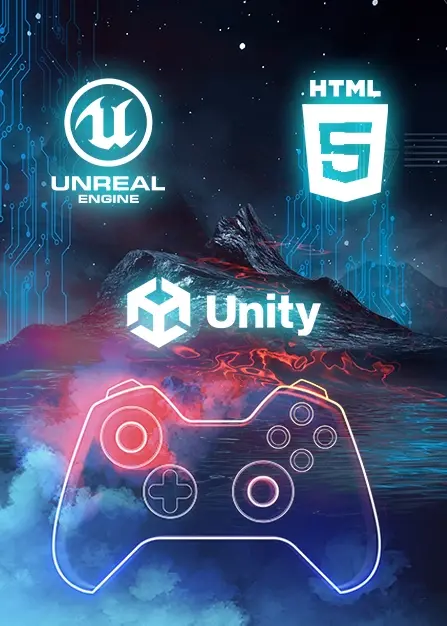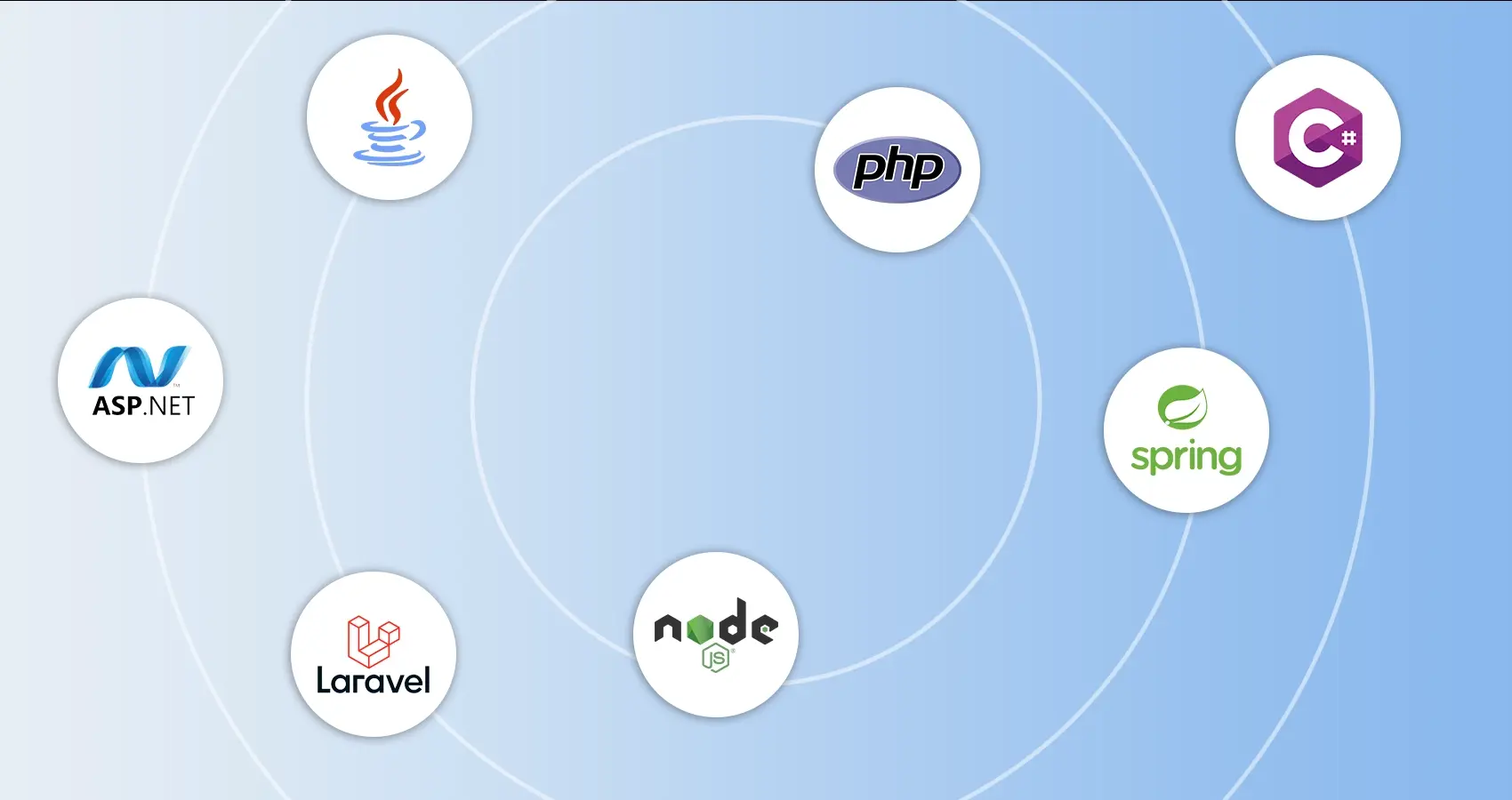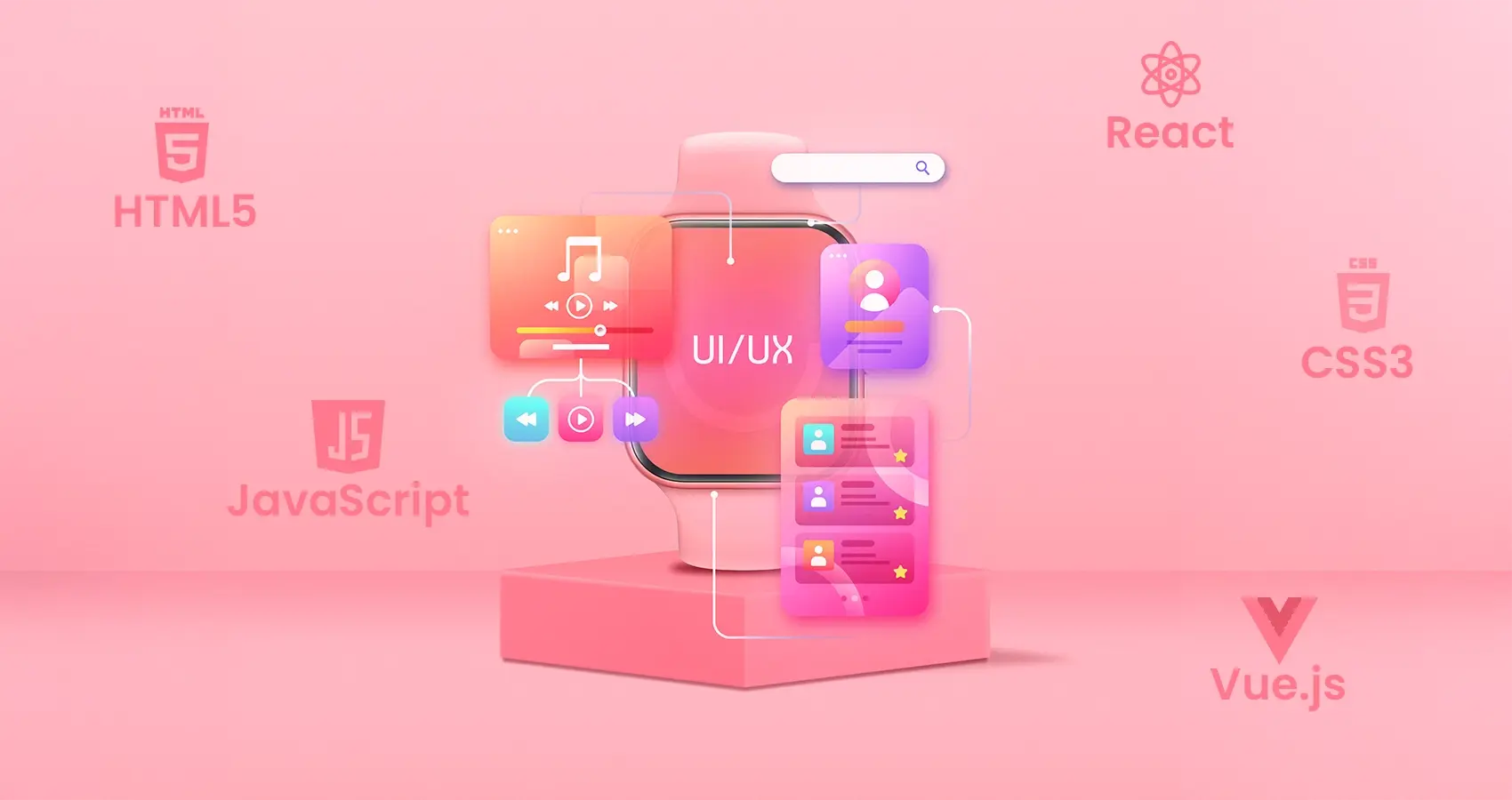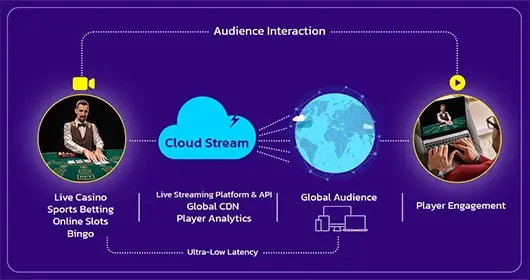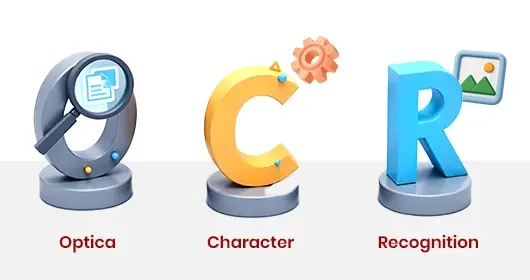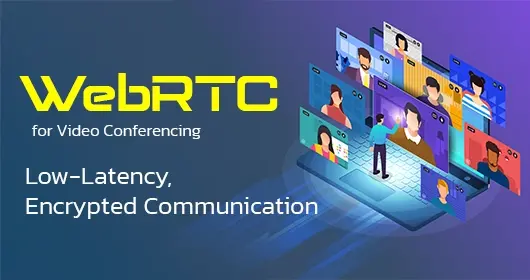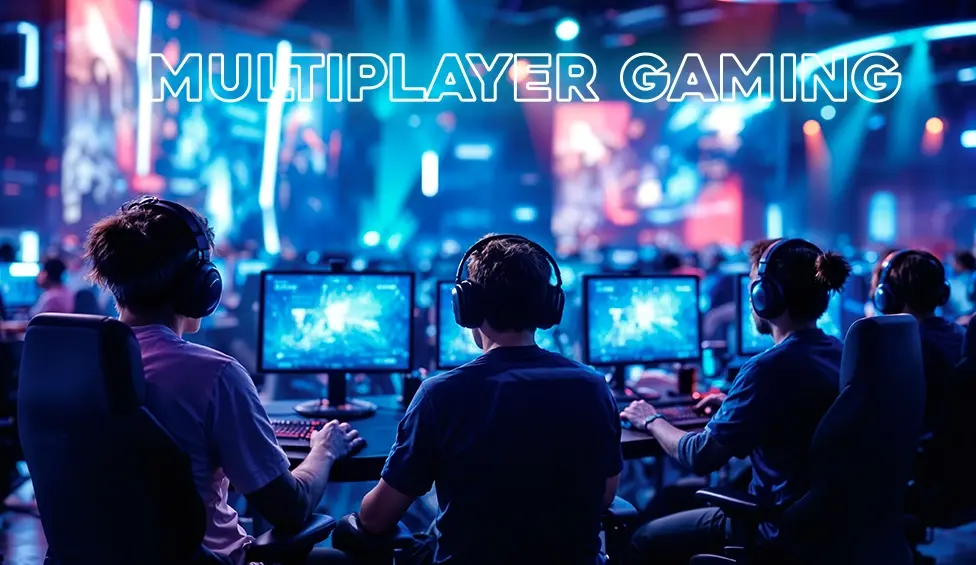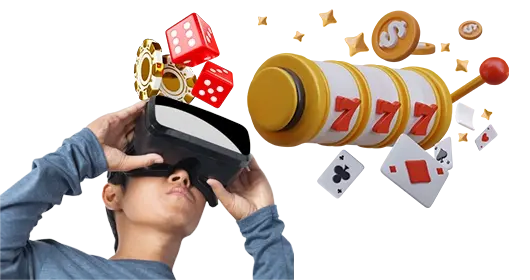Random Number Generators (RNG)
At the heart of every digital card shuffle or virtual dice roll lies a piece of code tasked with one critical mission: fairness. Random Number Generators, or RNGs, are the unseen arbiters of chance in online casinos. Their function is deceptively simple—generate a sequence of numbers that appears entirely unpredictable. Yet behind this simplicity lies intricate mathematics.
Most platforms rely on Pseudo-Random Number Generators (PRNGs) — algorithms that use a seed value and complex calculations to simulate randomness. While not truly random, PRNGs are fast, efficient, and virtually indistinguishable from true randomness when properly implemented. On the other end of the spectrum, True RNGs (TRNGs) depend on unpredictable physical phenomena, such as atmospheric noise or radioactive decay, making them rarer in commercial use due to cost and complexity.
Regardless of type, what matters is certification. Reputable online casinos submit their RNGs for independent verification through agencies like eCOGRA, iTech Labs, or GLI. These bodies audit the algorithms for compliance, randomness quality, and resistance to manipulation, ensuring that when players place a bet, the outcome is governed by probability, not programming bias.



